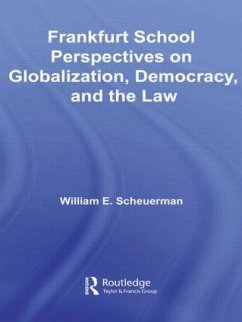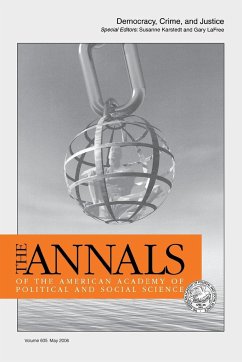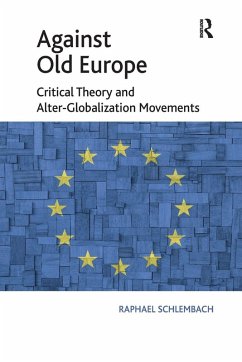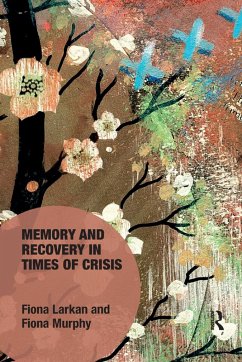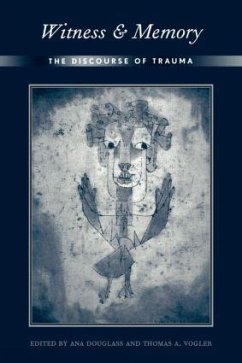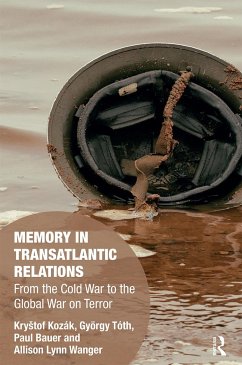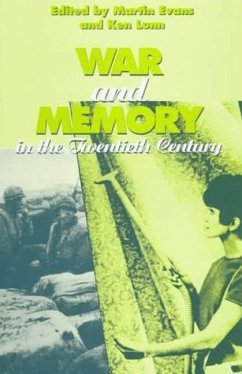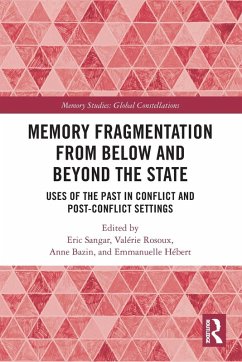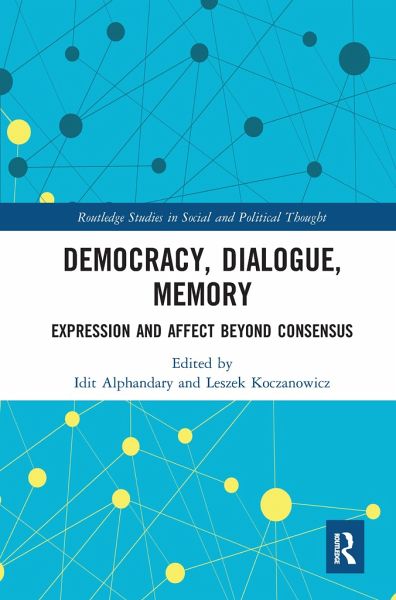
Democracy, Dialogue, Memory
Expression and Affect Beyond Consensus
Herausgeber: Alphandary, Idit; Koczanowicz, Leszek
Versandkostenfrei!
Versandfertig in über 4 Wochen
52,99 €
inkl. MwSt.
Weitere Ausgaben:

PAYBACK Punkte
26 °P sammeln!
Arguing that that the politics of democracy is inseparable from a notion of dialogue that emerges from conflicting and often traumatic memories, this book examines the importance of dialogue for the achievement of understanding in civil society, so that democratic participation and inclusion can be strengthened.





